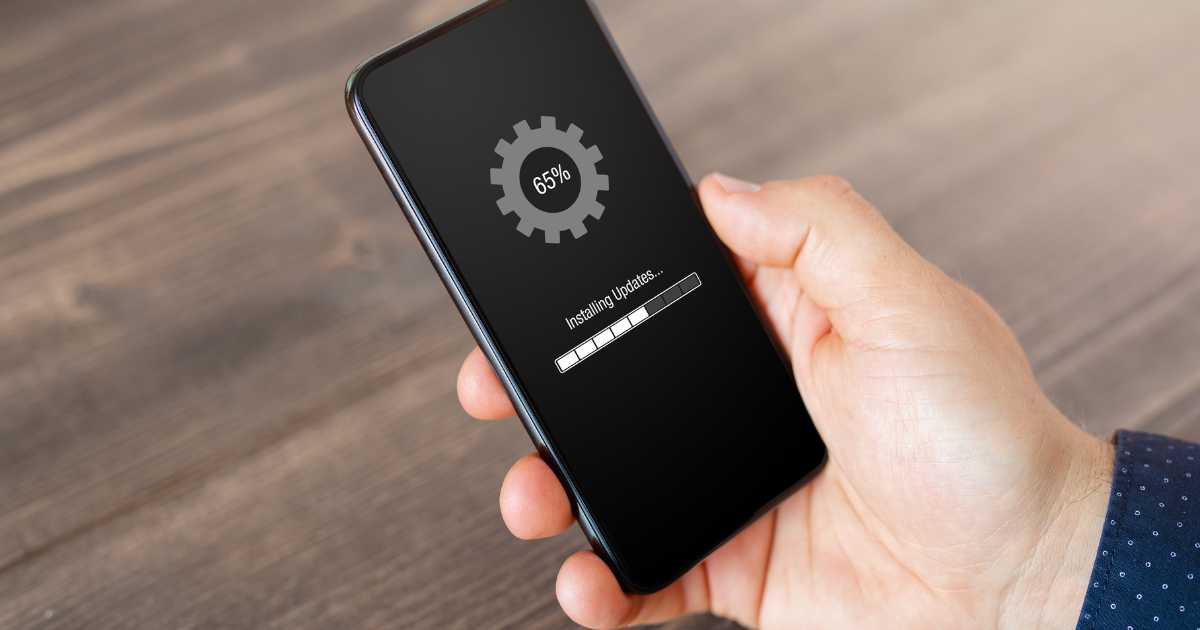Build Me App Inc. | Toronto's Most Affordable App Development Shop
- 180 John St. Toronto, ON M5T 1B3, Canada
- +1 (800) 330-6070
- hello@buildmeapp.io
Follow us
How Can I Ensure Security in Custom Mobile App Development?
- Posted In: Mobile app development
- Published On: October 7, 2023

Ensure Security in Custom Mobile App Development
In today’s digital age, mobile apps have become an integral part of our daily lives, serving various purposes, from communication to productivity and entertainment. With the increasing reliance on mobile apps, security has become a paramount concern for both app developers and users.
Custom mobile app development, in particular, demands meticulous attention to security to protect sensitive user data and ensure the app’s integrity. In this blog post, we will explore the essential steps and best practices to ensure security in custom mobile app development.
The Importance of Security in Custom Mobile App Development

Custom mobile app development involves creating applications tailored to specific business needs or user requirements. While customization offers numerous advantages, including enhanced user experience and functionality, it also presents unique security challenges. Here are some reasons why security is critical in custom mobile app development:
Data Protection: Custom apps often handle sensitive user data, such as personal information, financial details, or health records. Ensuring data security is vital to protect users’ privacy and comply with data protection regulations.
Brand Reputation: Security breaches can damage a company’s reputation and erode users’ trust. Users are more likely to uninstall or avoid an app if they perceive it as insecure.
Financial Impact: Security incidents can lead to financial losses, including legal expenses, fines, and compensation to affected users.
Compliance: Many industries and regions have strict regulations governing the handling of user data (e.g., GDPR, HIPAA). Custom app developers must ensure compliance with these regulations to avoid legal consequences.
Now, let’s delve into the steps and best practices to ensure security in custom mobile app development.
Start with a Secure Development Framework

Security should be a fundamental aspect of the development process from the outset. Begin by selecting a secure development framework or platform. Frameworks like React Native, Flutter, or Xamarin offer built-in security features and are well-maintained by their respective communities.
Conduct a Thorough Risk Assessment
Before starting development, identify potential security risks and threats that your custom app may face. This includes understanding the types of data your app will handle, potential vulnerabilities, and the consequences of a security breach. Conducting a risk assessment will help you prioritize security measures effectively.
Follow Secure Coding Practices
Adhere to secure coding practices throughout the development process. This includes:
- Input validation to prevent injection attacks.
- Secure authentication and authorization mechanisms.
- Regularly updating libraries and dependencies to patch known vulnerabilities.
- Implementing encryption for data in transit and at rest.
- Applying security headers to protect against common web vulnerabilities.
- Using a Content Security Policy (CSP) to mitigate cross-site scripting (XSS) attacks.
Secure Data Storage

How your app stores data is crucial for security. Use encryption techniques to protect sensitive data stored on the device. Leverage the built-in security features of mobile platforms, such as iOS’s Keychain for secure storage.
Employ Robust Authentication and Authorization
Implement strong user authentication methods, including multi-factor authentication (MFA), to ensure that only authorized users can access the app. Configure appropriate authorization rules to control user permissions and access levels.
Regularly Update and Patch

Security threats evolve over time, and vulnerabilities can be discovered after your app’s release. It’s essential to stay vigilant and keep your app up to date. Regularly update and patch both the app and its dependencies to address known security issues.
Perform Security Testing
Conduct comprehensive security testing, including penetration testing and code reviews, to identify vulnerabilities and weaknesses in your custom app. Address the issues discovered during testing promptly.
Secure Communication

Ensure that all data transmitted between the app and servers is encrypted using secure protocols (e.g., HTTPS). Implement certificate pinning to verify the server’s authenticity and prevent man-in-the-middle attacks.
Monitor for Anomalies
Implement monitoring and logging mechanisms within your app to track user activities and detect unusual behavior or security breaches. This can help you respond swiftly to potential threats.
Educate Your Development Team

Invest in continuous security training for your development team. Knowledgeable developers are better equipped to write secure code and recognize potential security risks.
Keep Users Informed
Transparently communicate your app’s privacy and security practices to users. Regularly update your privacy policy and inform users about the types of data you collect and how you protect it.
Plan for Incident Response
Despite your best efforts, security incidents can still occur. Develop a robust incident response plan to mitigate the impact of a breach, notify affected users promptly, and take necessary corrective actions.
Conclusion
Security is not a one-time consideration in custom mobile app development; it’s an ongoing commitment to protecting user data and ensuring the integrity of your app.
By following the best practices mentioned above, custom mobile app developers and mobile app development services can create secure and trustworthy applications that users can rely on. Prioritizing security not only safeguards your users but also preserves your brand’s reputation and minimizes potential legal and financial consequences. In today’s digital landscape, security should always be at the forefront of your custom mobile app development efforts.